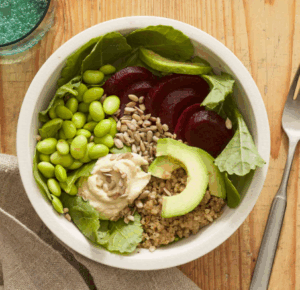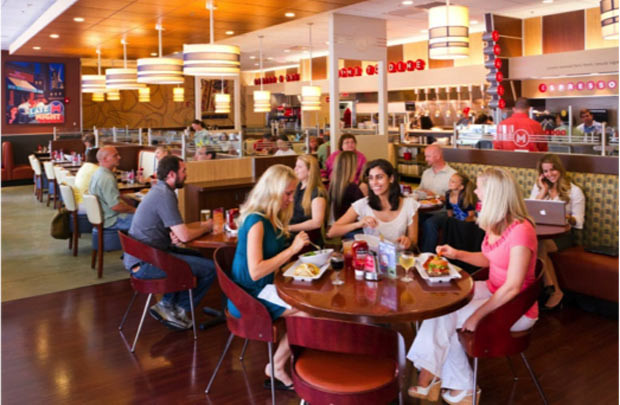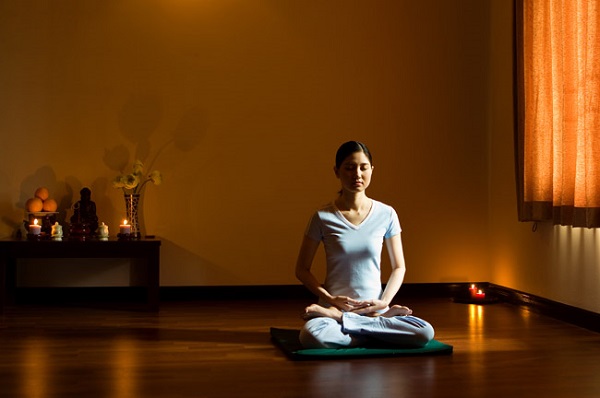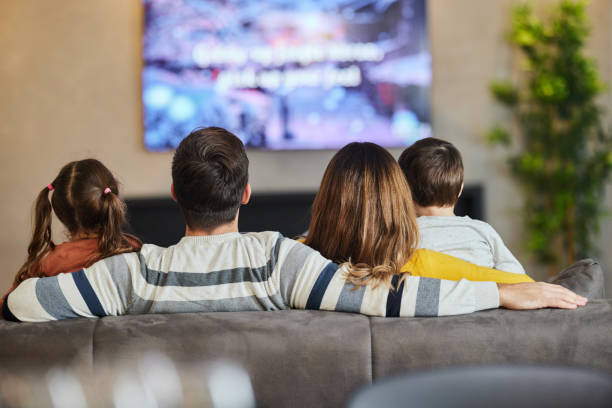When the pandemic hit in 2020, life in the United States came to a screeching halt. Overnight, kitchens became offices, pajamas became uniforms, and TikTok dances replaced nights out at crowded bars. Fast-forward to 2025, and America is still shaking off the aftershocks—but what has emerged is a fascinating cultural remix. From the way Americans eat to how they date and even clock in for work, daily life looks strikingly different.
Food Culture: From Fast Food to “Fast-Casual Wellness”
Let’s start with food—the ultimate American obsession. Before COVID, grabbing a burger in the drive-thru felt like the default quick meal. But during lockdown, people rediscovered cooking. Grocery stores ran out of yeast as amateur bakers turned into sourdough influencers. That trend didn’t vanish when restaurants reopened. Instead, it reshaped the food industry.

Today, “fast-casual wellness” rules the dining scene. Chains like Sweetgreen, CAVA, and Chipotle have exploded, serving grain bowls and plant-based proteins to a generation more conscious about what goes into their bodies. Meal-prep kits and grocery delivery apps are thriving, not just in New York or L.A., but even in small Midwestern towns. Americans want food that is quick, healthy, and Instagram-worthy.
Still, indulgence hasn’t disappeared. If anything, pandemic stress fueled the rise of “comfort food with a twist.” Think Nashville hot chicken in fancy food halls, or $18 gourmet donuts stuffed with ube cream. It’s America’s split personality on a plate: one side counting calories, the other side unapologetically craving fried carbs.

The Dating Scene: Love in the Age of Apps
Dating has also transformed in surprising ways. During the pandemic, apps like Tinder, Bumble, and Hinge became lifelines for singles stuck at home. But instead of fading, the digital-first approach to romance has become the new normal.

According to a 2024 Pew Research survey, nearly 60% of American couples under 35 say they met online. Swiping is now as standard as exchanging phone numbers once was. But here’s the twist: people aren’t just looking for hookups anymore. After years of isolation, many crave deeper connections.
Apps have adapted accordingly. Hinge brands itself as “designed to be deleted,” focusing on long-term matches. Even Tinder rolled out features for video dates and in-app background checks. Meanwhile, niche platforms—from Christian Mingle to “farmersonly.com”—prove that no matter your lifestyle, there’s an algorithm for your love life.
And yes, ghosting is still rampant. But in a culture where “situationship” has become an official dictionary entry, it seems Americans are at least more honest about the blurry lines of modern romance.
Work Life: The Hybrid Hustle
Nothing, however, has changed more drastically than the workplace. Remote work, once considered a perk, is now a permanent fixture. A recent Gallup poll revealed that about 30% of U.S. employees are fully remote, while 52% work in hybrid setups. Offices are no longer the daily default—they’re just one option among many.
This shift has reshaped American cities. Downtown skyscrapers in places like San Francisco and Chicago are half-empty, while suburban coffee shops are packed with laptop warriors. Co-working spaces, once thought to be a fad, are booming again, catering to freelancers, startups, and even big corporations trying to keep culture alive.
But the freedom comes with burnout. Without a strict 9-to-5, many workers feel “always on,” juggling Slack messages at midnight and Zoom calls across time zones. Employers are experimenting with fixes, from four-day workweeks to “no meeting Fridays.” Still, the line between work and life remains blurrier than ever.
Mental Health: From Stigma to Mainstream

One unexpected silver lining of the pandemic? Mental health went mainstream. What was once whispered about is now discussed openly at dinner tables, in podcasts, and on TikTok. Therapy apps like BetterHelp and Talkspace saw skyrocketing demand, while celebrities from Selena Gomez to Dwayne “The Rock” Johnson openly share their struggles.
Gen Z, in particular, treats therapy like going to the gym: a normal part of self-care. Corporate wellness programs now include meditation apps, “mental health days,” and even company-paid counseling. While access and affordability remain challenges, the cultural shift is undeniable—America has never been more open about its collective anxiety.
Entertainment: Screens Everywhere

Entertainment also underwent a radical glow-up. With theaters shut down, streaming services became America’s default playground. Even now, the dominance of Netflix, Disney+, and HBO Max remains unshaken. But the bigger story is TikTok.
The app has reshaped how Americans consume culture, compressing trends into 30-second bursts. Music charts, fashion crazes, even political movements are born and die on TikTok. For better or worse, it has made attention spans shorter but creativity wilder. Traditional Hollywood is scrambling to keep up, while influencers-turned-celebrities dominate the spotlight.
What It All Means
If there’s one thing clear about post-pandemic America, it’s that the country has not returned to “normal.” Instead, it has invented a new normal—one where health-conscious salads coexist with fried chicken feasts, where love is swiped into existence, where your boss might be a tiny square on Zoom, and where therapy is no longer taboo.
It’s messy, contradictory, and evolving—but then again, so is America itself.
📌 Word count: ~930